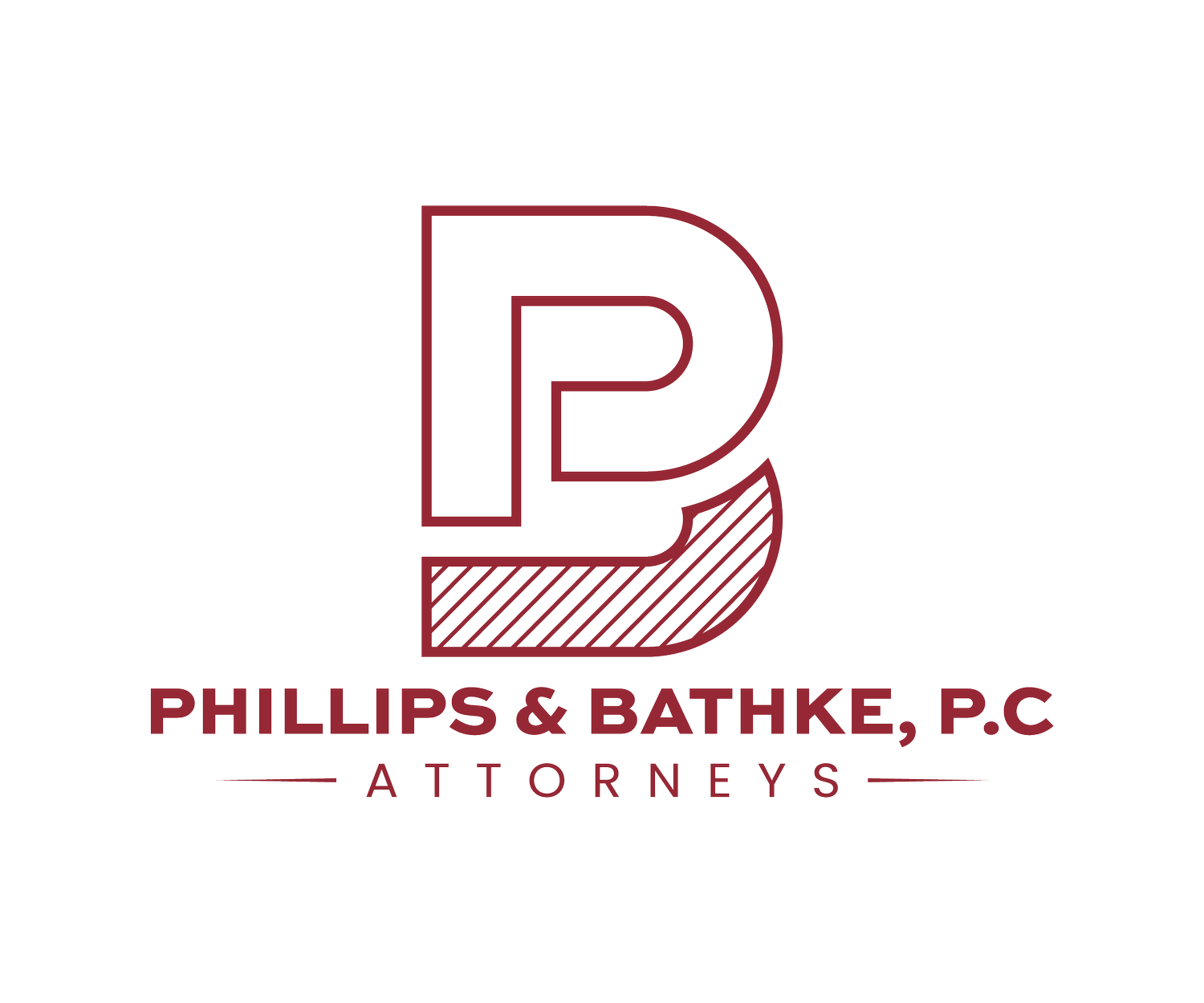New California Laws on Deepfakes: What You Need to Know
California has introduced two significant laws this year to combat the misuse of deepfakes—manipulated media that looks real. Since businesses are not likely to forgo consumers in California—the world’s fifth-biggest economy on its own—they should pay attention even if they are not in California. It has been our experience that California attorneys have no problem filing suits to use California laws to drag out-of-state businesses to those courts.
The laws, designed to protect against election manipulation and unauthorized use of likeness in pornography, no doubt noble goals, have raised some free speech concerns.
The first law signed into law by Governor Newsom is AB 730. Briefly put, this law prohibits the distribution of materially deceptive audio or visual media related to political candidates within 60 days of an election. If the intent is to harm a candidate’s reputation or mislead voters, it’s a no-go. Candidates can sue for damages, but the law doesn’t apply to news media that discloses inaccuracies.
The second law is AB 602. This law allows individuals to sue anyone who creates or shares sexually explicit material without consent. Victims can claim significant damages, including up to $150,000 if malice is proven.
Both laws have exemptions for satire and legitimate public discourse through built in exemptions. But, with any new law, no one knows how a court will rule on those exemptions. Will these laws squash free speech? Time will tell.
With this in mind, if you intend to use deep fakes in your marketing, as part of a creative endeavor, or in a political fashion, you should strongly consider discussing your project with competent counsel.
